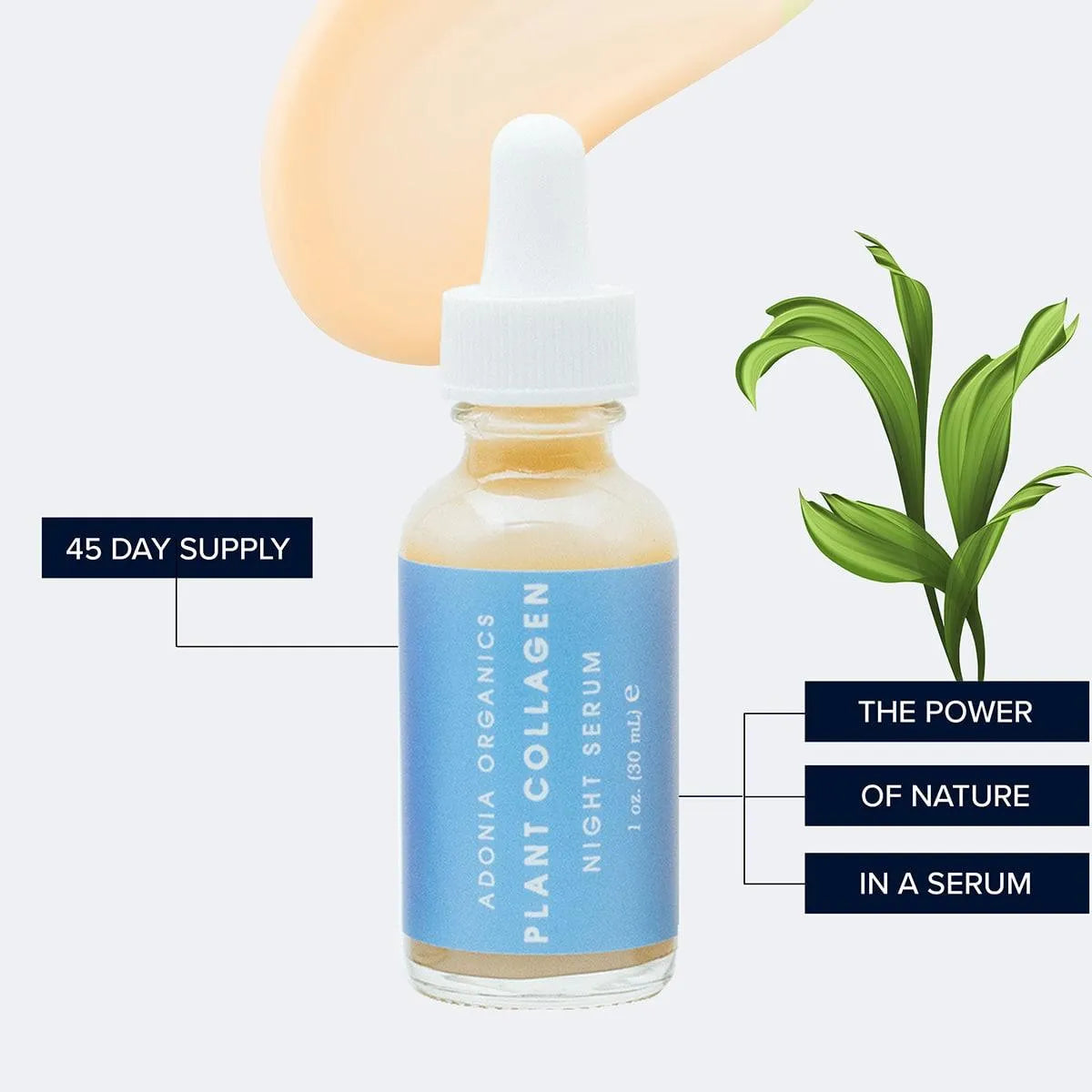
Sleeping Beauty
In the hustle and bustle of modern life, it’s easy to overlook the power of a good night’s sleep. However, quality sleep isn't just about feeling refreshed and ready to take on the day; it's also a cornerstone of radiant, healthy skin. Beauty sleep is real, and establishing an effective bedtime routine can work wonders for your complexion. This blog will walk you through the ultimate bedtime routine to ensure you get the best beauty sleep possible, leaving you looking and feeling your best every morning.
Set a Regular Sleep Schedule

A key factor in getting quality sleep is consistency. Going to bed and waking up at the same time every day regulates your body’s internal clock. This not only helps improve the quality of your sleep but also ensures your body can perform essential repair functions while you rest. Aim for 7 to 9 hours of sleep each night, and try to stick to your routine, even on weekends.
Why It Matters:
Your skin undergoes repair and regeneration while you sleep, and a consistent sleep schedule optimizes this process. The more regular your sleep pattern, the more effective your body will be at repairing damaged skin cells and producing collagen, which keeps your skin plump and youthful.
Unwind with a Relaxing Pre-Bedtime Ritual

A calming bedtime ritual signals to your body that it’s time to wind down and prepare for sleep. Activities like light stretching, meditation, or reading a book can help you transition into a state of relaxation. Avoid stimulating activities such as watching TV, scrolling through social media, or doing any work-related tasks.
Why It Matters:
Stress is a major contributor to poor sleep quality and skin issues like acne and premature aging. Relaxation techniques, like deep breathing exercises or mindfulness meditation, lower cortisol levels and reduce stress, which ultimately improves both your sleep quality and your skin health.
Eat a Light, Balanced Dinner

What you eat and when you eat it can have a big impact on your sleep quality. Eating a heavy meal right before bed can lead to indigestion and disrupt your sleep. Instead, opt for a light, balanced dinner at least two to three hours before bedtime. Focus on foods rich in nutrients that support sleep, such as tryptophan, magnesium, and melatonin.
Why It Matters:
Certain foods can enhance your sleep quality and promote healthy skin. For example, almonds and spinach are rich in magnesium, which helps relax your muscles and improve sleep. On the other hand, foods high in sugar or caffeine can interfere with sleep and lead to inflammation, which negatively impacts your complexion.
Hydrate Smartly

Proper hydration is crucial for maintaining glowing skin, but it’s important to hydrate smartly. Drink water throughout the day to keep your skin and body well-hydrated, but try to limit your fluid intake an hour before bedtime. This prevents you from waking up in the middle of the night for bathroom breaks, which can disrupt your sleep cycle.
Why It Matters:
Dehydration can lead to dry, flaky skin and accentuate the appearance of fine lines and wrinkles. By staying hydrated, you’re ensuring that your skin cells are replenished and that your complexion stays soft and supple.
Nourish Your Skin with Nighttime Skincare

Your skin is in repair mode during the night, so it’s essential to nourish it with the right skincare products. Follow a simple but effective nighttime skincare routine to cleanse, treat, and moisturize your skin. Start with a gentle cleanser to remove makeup, dirt, and impurities from the day. Follow up with a treatment, such as a serum containing antioxidants or retinol, and finish with a rich, hydrating moisturizer. Adonia Organics Plant Collagen Night Serum improves elasticity and reduces the appearance of wrinkles and it does it all while you are asleep.
Why It Matters:
A good nighttime skincare routine allows your skin to maximize the repair and regeneration that occurs while you sleep. Cleansing ensures your pores are clear, while serums and moisturizers work overnight to nourish your skin, making it look healthier and more vibrant in the morning. Products containing ingredients like hyaluronic acid, peptides, and vitamin C can boost collagen production and reduce signs of aging.
Create a Sleep-Inducing Environment

Your sleep environment plays a major role in the quality of your rest. To create a sleep-inducing atmosphere, make sure your bedroom is cool, dark, and quiet. Invest in comfortable bedding, use blackout curtains, and eliminate noise and light sources that could disrupt your sleep. Consider incorporating relaxing scents like lavender into your bedtime routine, either through essential oils, candles, or pillow sprays.
Why It Matters:
Your bedroom should be a sanctuary that promotes rest and relaxation. Temperature, light, and noise all affect your ability to fall and stay asleep. A comfortable, sleep-friendly environment encourages deeper, more restorative sleep, which in turn enhances your skin’s ability to repair and regenerate overnight.
Prioritize Silk Pillowcases

Swap your regular cotton pillowcase for a silk one. Silk is gentler on your skin and hair, reducing friction that can lead to wrinkles and breakouts. It also helps maintain your skin’s moisture levels throughout the night, unlike cotton, which can absorb your skin’s natural oils.
Why It Matters:
Silk pillowcases are a beauty sleep game-changer. They not only reduce skin irritation and hair breakage but also help retain your skin’s moisture. This means waking up with smoother skin and less frizz in your hair.
Keep Electronics Out of the Bedroom

The blue light emitted by phones, tablets, and laptops can interfere with your body’s production of melatonin, the hormone that regulates sleep. To ensure that your body knows it’s time to sleep, try to power down your devices at least an hour before bedtime and keep electronics out of the bedroom.
Why It Matters:
Blue light exposure can disrupt your circadian rhythm, making it harder for you to fall asleep and stay asleep. Poor sleep quality can lead to dull skin, dark circles, and premature aging. By reducing blue light exposure before bed, you’ll help your body transition into sleep mode more effectively, leading to better beauty sleep.
Focus on Your Breathing

Breathing exercises can help calm your mind and prepare you for a restful night’s sleep. Practicing deep breathing, where you inhale for a count of four, hold for seven, and exhale for eight, can slow your heart rate and relax your muscles.
Why It Matters:
Stress and anxiety can sabotage your sleep, which in turn can wreak havoc on your skin. Breathing exercises help activate the body’s relaxation response, making it easier to drift off to sleep and giving your skin the best chance to repair and rejuvenate overnight.
Supplement Smartly

Sometimes, even with the best bedtime routine, you may need a little extra help to achieve restful sleep. Natural supplements like melatonin, magnesium, and herbal teas can be useful. Chamomile, valerian root, and passionflower teas are known for their calming effects and can help you ease into sleep.
Why It Matters:
Natural supplements and teas can promote relaxation and better sleep without the side effects of sleep medications. Quality sleep leads to better skin regeneration, less inflammation, and a brighter complexion.
Make Down Time Do Double Duty
By incorporating these steps into your nightly routine, you can transform your sleep habits and, as a result, improve your skin health. Consistency is key—your body needs time to adjust and reap the full benefits of your new beauty sleep routine. With time, your efforts will pay off, and you’ll wake up every morning feeling refreshed, rejuvenated, and radiant.
Sleep tight and let your skin shine!
